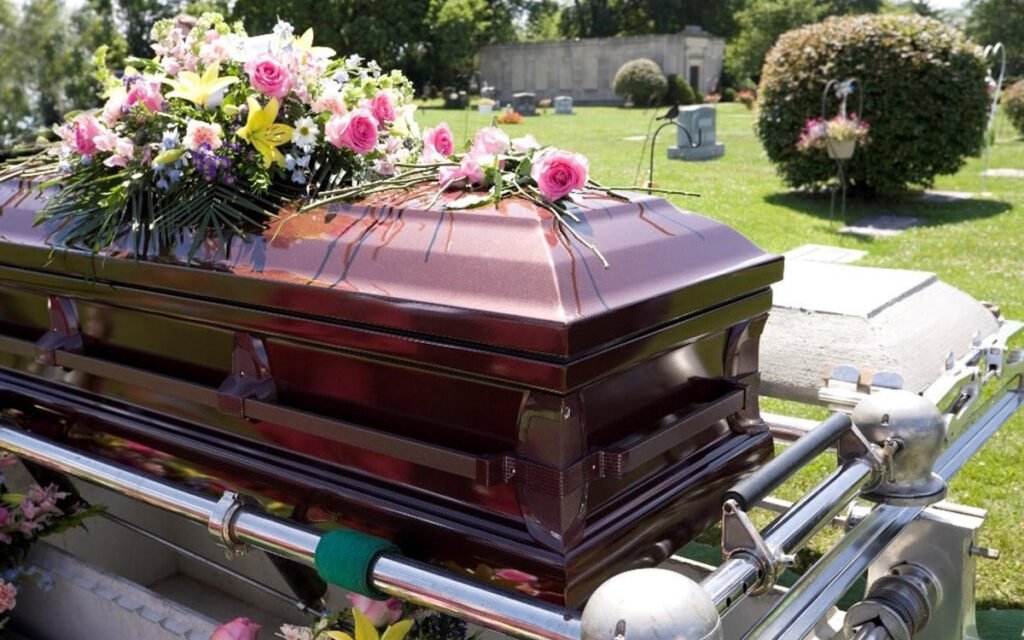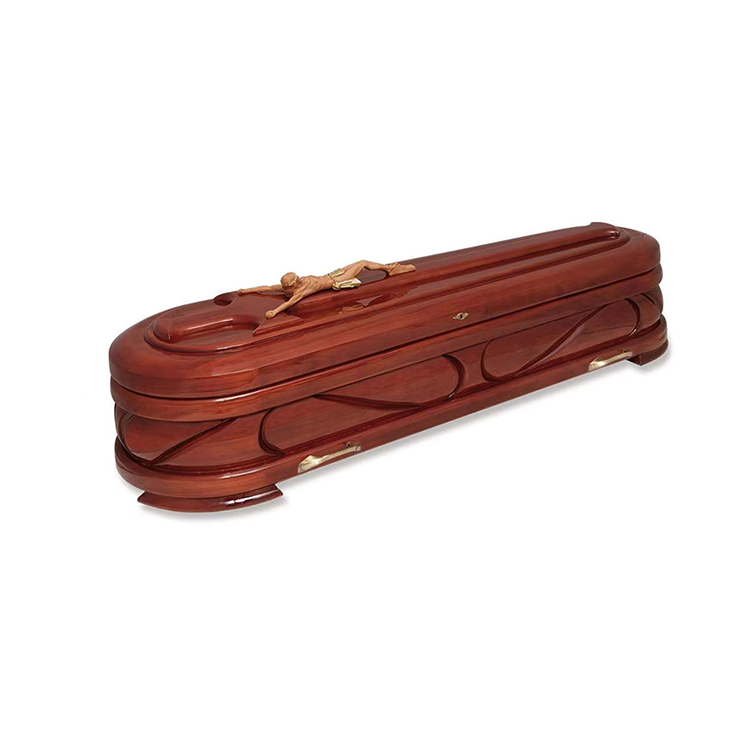Caskets and coffins hold a significant place in human culture, symbolizing respect and dignity for the deceased. From the choice of materials to the craftsmanship involved, every aspect of a casket is imbued with meaning. This article delves into the world of casket manufacturing, focusing on the largest producer, the best wood choices, where these final resting places are made in the USA, and the most expensive wood options used in their creation.

The Largest Casket Manufacturer
When discussing the casket manufacturing industry, one name stands out as the leader: Batesville, Inc. As a subsidiary of Hillenbrand, Inc., Batesville has been at the forefront of the funeral industry since 1902. The company’s extensive range of caskets, urns, and other memorial products serves thousands of funeral homes across North America. Batesville’s success is attributed to its commitment to quality, innovation, and customer service, making it a trusted partner for funeral professionals and families alike. With a wide array of styles and materials, Batesville continues to set the standard for excellence in the casket industry.
The Best Wood for a Coffin
Choosing the right wood for a coffin is a personal decision, influenced by cultural preferences, availability, and aesthetic appeal. Here are some of the top choices:
Mahogany: Known for its rich, reddish-brown color and durability, mahogany is a popular choice for its natural beauty and resistance to decay. It polishes well and is often used in high-end caskets.
Oak: Oak is appreciated for its strength and attractive grain patterns. It is a hard wood that can be stained or left natural, providing a classic look that stands the test of time.
Maple: Maple is known for its light color and fine, even texture. It is versatile, accepting stains and finishes easily, and is favored for its clean appearance and durability.
Cherry: Cherry wood is valued for its warm, reddish-brown tones that deepen with age. Its smooth surface and fine grain make it a luxurious choice for those seeking a natural and elegant finish.
While these woods are widely used, the ‘best’ wood is ultimately determined by individual preference and the significance attached to the material by the family or culture.

Where Are Caskets Made in the USA?
Casket manufacturing in the USA is distributed across various regions, each contributing to the industry’s diversity and richness:
Indiana: Home to Batesville, Indiana is a significant center for casket production. The state’s strategic location allows for efficient distribution throughout the country.
Texas: Texas hosts numerous casket manufacturers, benefiting from the state’s vast timber resources and a skilled labor force. The region’s casket makers cater to both local and national markets.
Pennsylvania: With a long history of woodworking, Pennsylvania is home to several artisanal casket makers. The state’s tradition of craftsmanship adds to the variety of handmade caskets available in the country.
These areas showcase the blend of industrial scale and artisanal craftsmanship that characterizes the American casket-making industry.

The Most Expensive Wood for a Coffin
The costliest woods used in coffin construction are often exotic species, prized for their rarity, beauty, and unique characteristics:
Ebony: Ebony is one of the densest and darkest woods, known for its deep black color and fine grain. Its scarcity and the difficulty of sourcing make it one of the most expensive options.
Rosewood: Rosewood is recognized for its rich hues and intricate grain patterns. Its durability and ability to take a fine polish contribute to its high value.
Bubinga: An African hardwood, bubinga is noted for its striking colors and patterns, ranging from pinkish-red to dark brown. Its visual appeal and limited availability contribute to its premium status.
Zebrawood: Named for its distinctive stripes reminiscent of a zebra, this wood is highly sought after for its unique appearance and rarity.
These woods are often reserved for luxury caskets, reflecting a desire for elegance and exclusivity in the final resting place.
Conclusion
The craftsmanship of caskets intertwines tradition with contemporary practices, blending the finest materials with meticulous workmanship. Whether produced by industry giants like Batesville or crafted by small artisans, caskets serve as a final tribute, encapsulating the essence of respect and remembrance. From the choice of wood to the geographical spread of manufacturing, each element plays a role in honoring the deceased. Understanding the nuances of casket manufacturing, from the largest producers to the most exquisite materials, helps families make informed decisions that reflect their values and traditions, ensuring dignity and honor in the face of loss. The careful consideration of these details underscores the importance placed on this final act of care and love, ensuring that the departed are laid to rest with the reverence they deserve.




